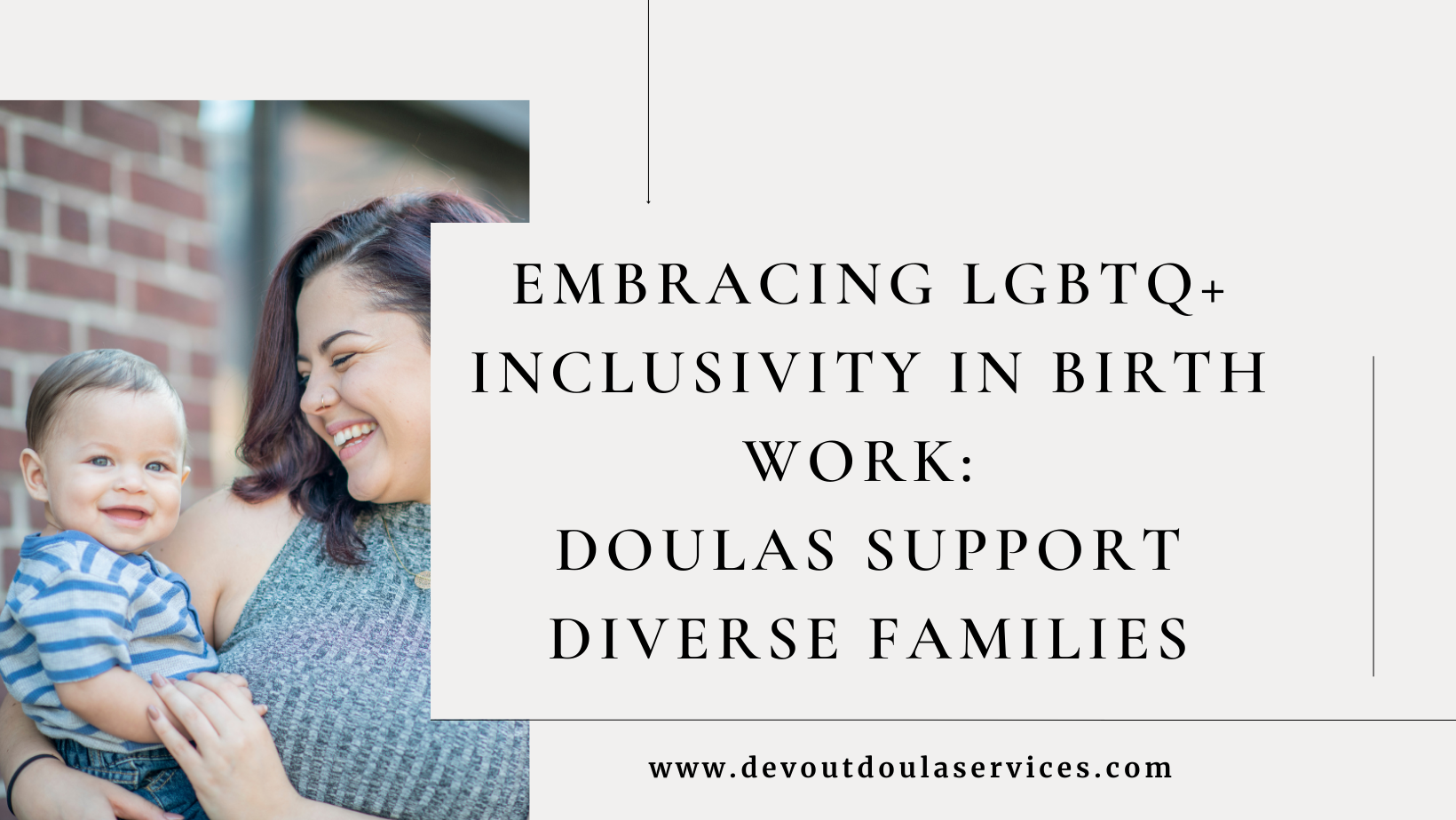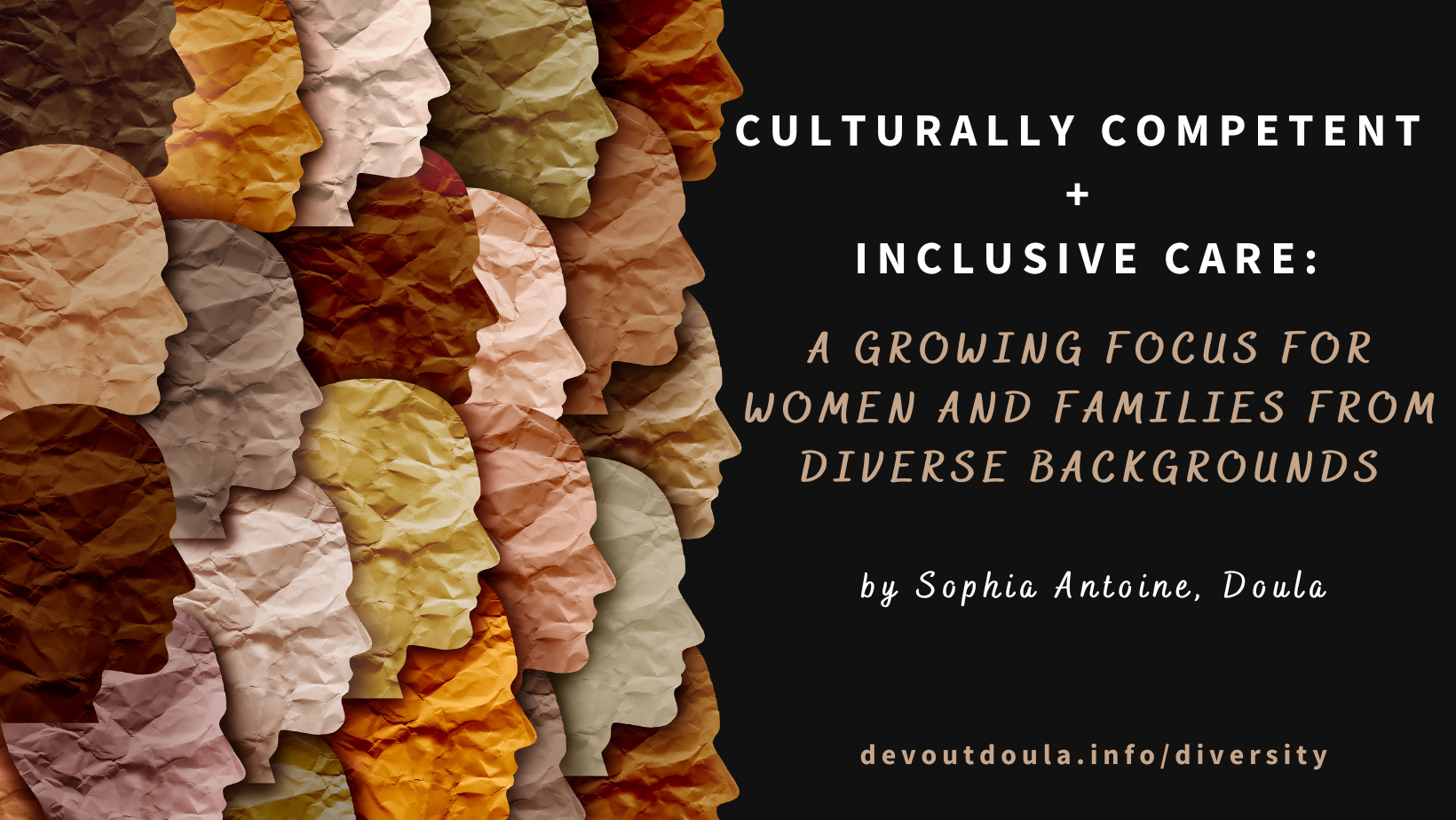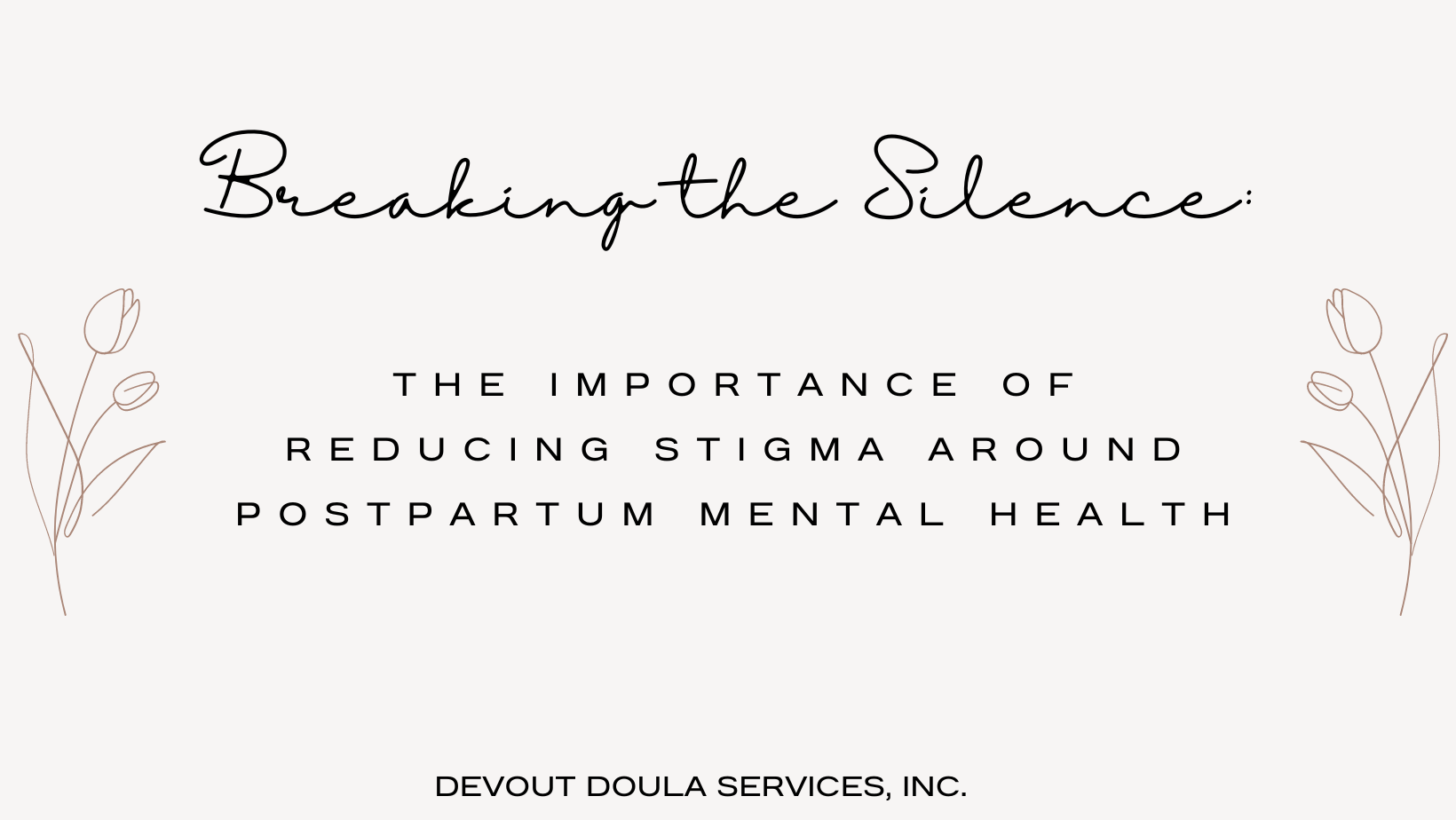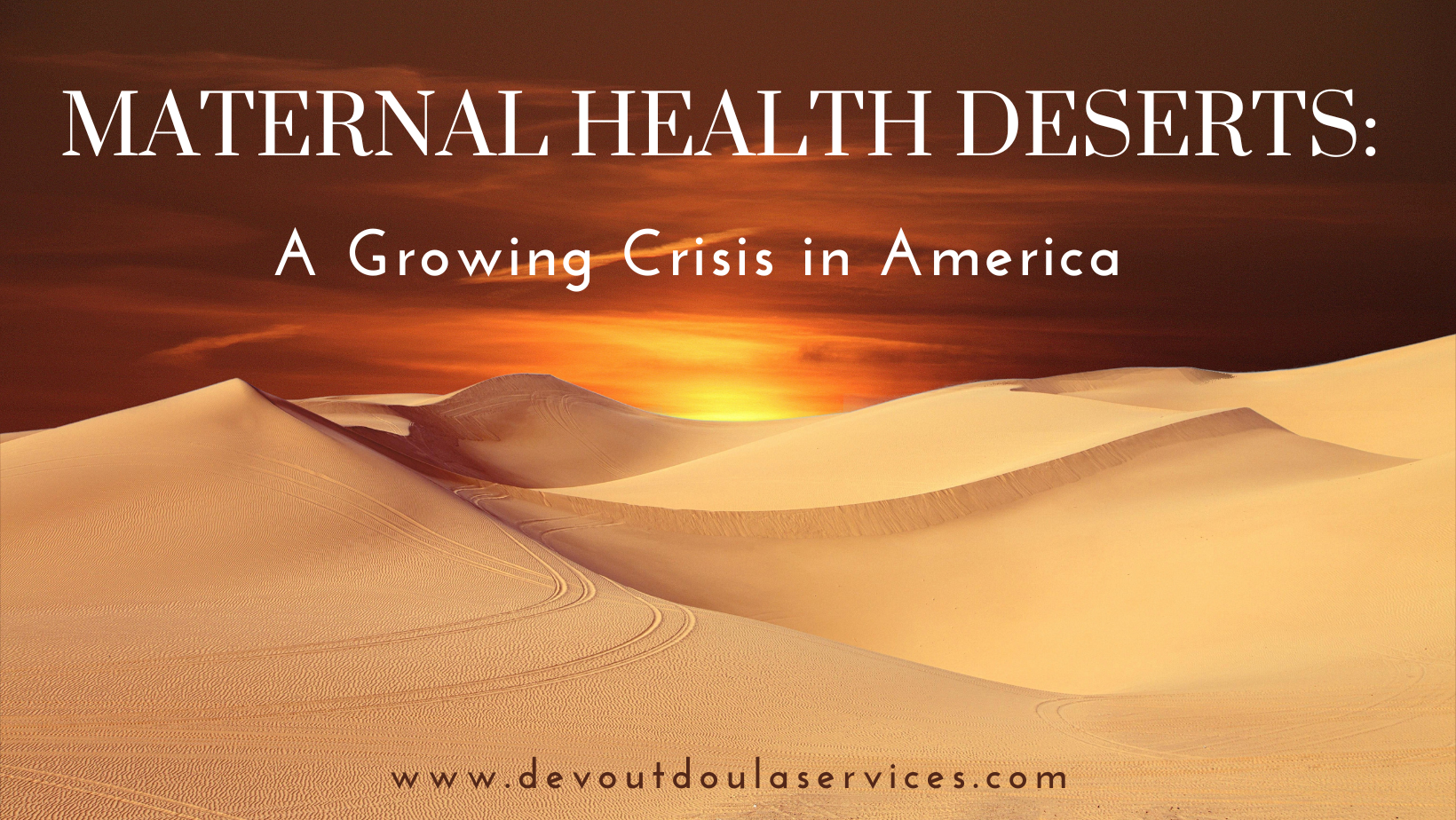How to Design a Birth Plan That’s Right for You
Personalized Delivery: How to Design a Birth Plan That’s Right for You
Whether you’re preparing for your first pregnancy or your third, designing a birth plan is an essential step in the process. A birth plan can guide you through the often overwhelming world of birthing choices, helping you feel more prepared and in control during this exciting time. Here are some things you need to consider when creating a birth plan.
What is a Birth Plan?
A birth plan is a document that outlines your preferences for your birth experience. It serves as a communication tool between you, your partner, and your healthcare team, ensuring everyone is aware of your desires and expectations. It’s important to understand that while a birth plan is meant to guide your birthing journey, childbirth can be unpredictable and may require changes or adaptations to your initial plan.
Key Elements to Consider in a Birth Plan
Birth Setting
First, consider where you want to give birth. This could be at a hospital, a birthing center, or at home. Each setting has its pros and cons. Your choice will depend on your health, your comfort level, and geographical availability. Make sure to research each option thoroughly to make an informed decision.
Birth Partner
Identify who you want to be present during the birth. This might be your spouse, a family member, or a friend. Some women also opt for a professional like a doula who can provide emotional and physical support throughout the process. Doulas can provide virtual and in-person services. Click HERE to book a complimentary discovery call so we can review your options
Pain Management
You have a wide range of options for managing pain during labor. You can choose from epidurals and other medical interventions to natural methods like hydrotherapy, massage, or hypnobirthing. Explore your options and choose what you feel would work best for you.
Medical Interventions
Think about your preferences regarding possible medical interventions such as induction, fetal monitoring, episiotomy, or C-section. It’s important to discuss these potential interventions with your healthcare provider ahead of time to understand their benefits and risks.
Immediate Post-Birth Care
Lastly, outline your wishes for immediate post-birth care. This could include your preferences for delayed cord clamping, skin-to-skin contact, breastfeeding, and newborn procedures like Vitamin K injection and eye ointment, and rooming in with the baby.
Final Thoughts
Remember, a birth plan is not a contract, but a guide. The primary goal is a memorable experience for you and a safe birth for your baby. It’s okay if everything doesn’t go according to plan.
Still feeling overwhelmed? You’re not alone. Birth plans involve a lot of decision-making and can seem daunting. But don’t worry. I offer free discovery calls to review these details together, giving you a better understanding of your options.
Don’t hesitate. Book your free discovery call now, and let’s navigate this exciting journey together.
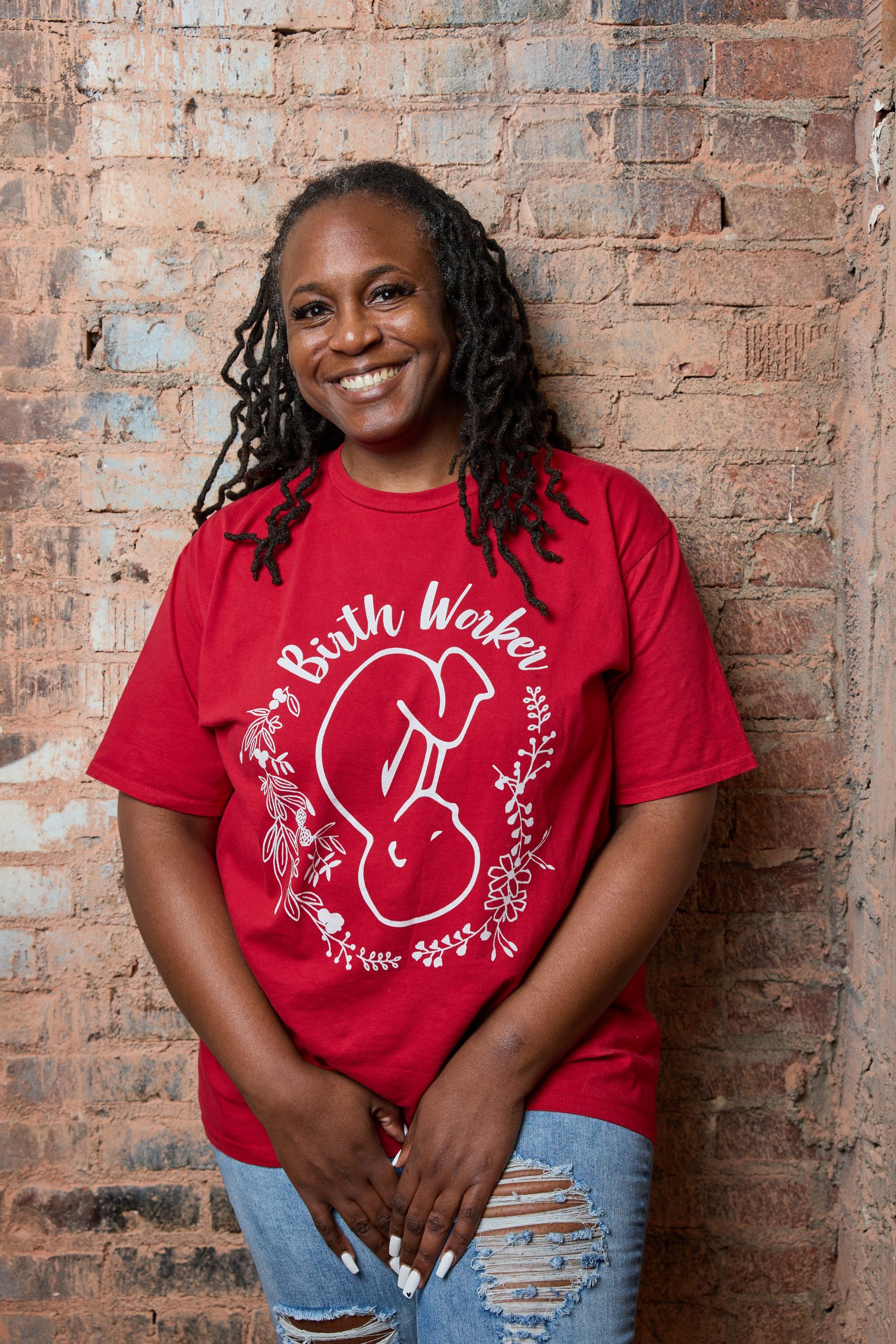
Sophia Antoine
Doula
Sophia Antoine is a dedicated and compassionate doula with nearly two decades of experience in supporting families through their pregnancy, labor, and postpartum journeys. A native of Arcadia, FL, Sophia has made it her mission to empower and educate mothers and families on the importance of holistic, culturally sensitive, and evidence-based birth support.
Sophia brings a deep understanding of the unique challenges faced by families in the American healthcare system. She is passionate about advocating for birth justice and reducing health disparities within her community.
Beyond her professional credentials, Sophia brings warmth, empathy, and a reassuring presence to every birthing space. She is well-versed in a variety of comfort measures, including rebozo techniques, acupressure, and aromatherapy, and she tailors her approach to the unique needs and preferences of each family she serves.
When Sophia is not supporting families during their most transformative moments, she enjoys reading, teaching Zumba, working out, and advocating for maternal health policy reform. Sophia is grateful for the opportunity to serve her community as a doula and childbirth educator, and she remains committed to creating safe, nurturing, and empowering birth experiences for all families.


